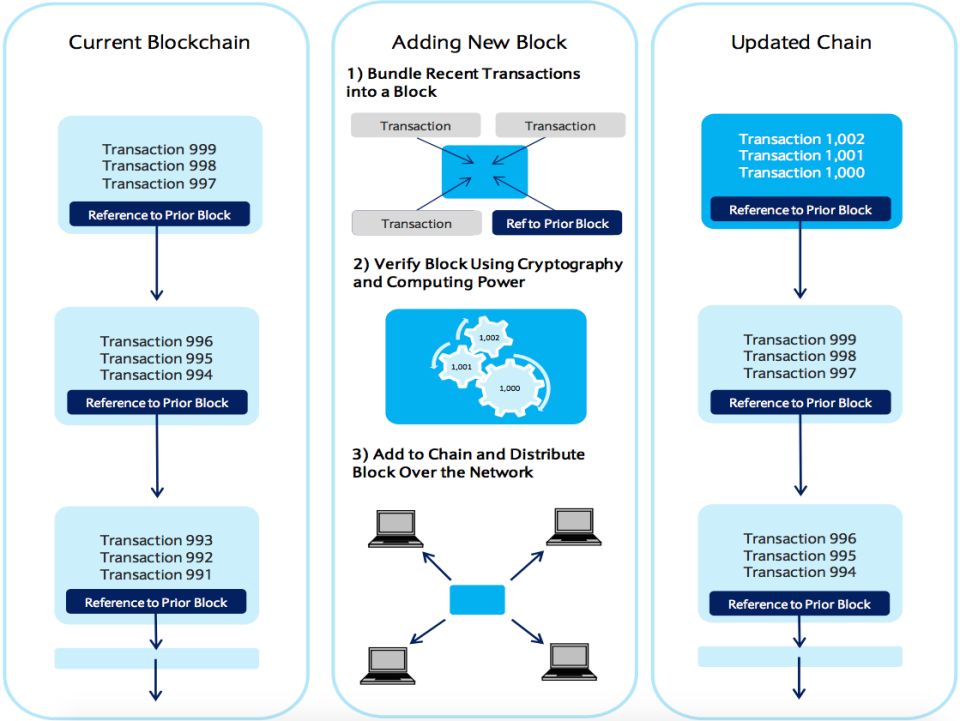How Bitcoin’s Blockchain Could Power an Alternate Internet
Joyce Park stashed this in Code
Stashed in: Teh Internets, Awesome, Inspiration, Bitcoin, Bitcoin, The Internet, Medium, They did the math.
I am very skeptical of blockchain but this article posits a better internet built with it.
Sounds compelling to me.Â
There’s a whole tribe of blockchainiacs who see their new technology as the key to fixing deep-rooted problems that have plagued our online lives for decades. In this view, the Internet’s founders made a key error at its inception: When they laid the network’s foundations, they failed to include a reliable system for personal identity, which could in turn serve as the basis of a payment economy. Into this void leapt the privately owned social networks of our era — Facebook, Twitter and company — which have happily offered their services as guarantors of our digital identities, as long as they get all our data.
What if, when we wanted to be sure of who we were dealing with, we relied instead on distributed computing power and the magic of crypto? Today a host of small companies and projects are jockeying to usher pieces of this world into existence. A lot of the efforts focus on Twitter rather than Facebook — probably because it’s much easier to clone a network that delivers brief messages than one that serves as the hub for all things social.
These new crypto-Twitters eliminate the middleman central server that every large-scale social service today requires. They don’t store the content of messages themselves in the blockchain ledger — that wouldn’t work, since each user would end up storing the entire global database of messages. Instead, the blockchain verifies all the contributors’ identities, their relationships to the messages under their names, and the integrity of the messages.
Twister, an open source project led by a developer in Brazil named Miguel Freitas, is one such effort, announced a year ago. Designed to encrypt private posts safely against NSA snoops and repressive governments, and to authenticate public posts using a blockchain to verify authorship, Twister is still in early development. Freitas says he’s already seen a flurry of interest from users in China.
Trsst is a similar anti-censorship project that aims to provide tools for “secure blogging on the open web,” for both private and public posting, using encryption and a novel blockchain-inspired scheme for guaranteeing the integrity of a blog’s posts (called, naturally, “the blogchain”). Michael Powers launched Trsst in 2013 with a $65,000 Kickstarter and shipped an alpha version of the software last year; he says he’s now working on rebooting the project with a new focus on mobile users.
Noble ideas! Â I'd love to find a way to make it work. Alas, the one project I looked at (twitter-ethereum) cost around $.005 per message, which doesn't seem scalable. Â I think we're going to have to ride out the Hype Curve on this one...
How much less expensive per message will it need to get to work?
So, we know that Alpha.AppNet charged $50/year and failed. Â Let's assume $5/year is a safe price, and a user sends 10 tweets per day, or 3650/year. Â So, that is about 0.13 cents, which implies the price needs to drop to around $0.001 to become worth considering. Â Which I guess is not that far off, if it is really trivial to pay.
You did the math! Yes, that does not seem far off.Â











9:28 AM Feb 11 2016